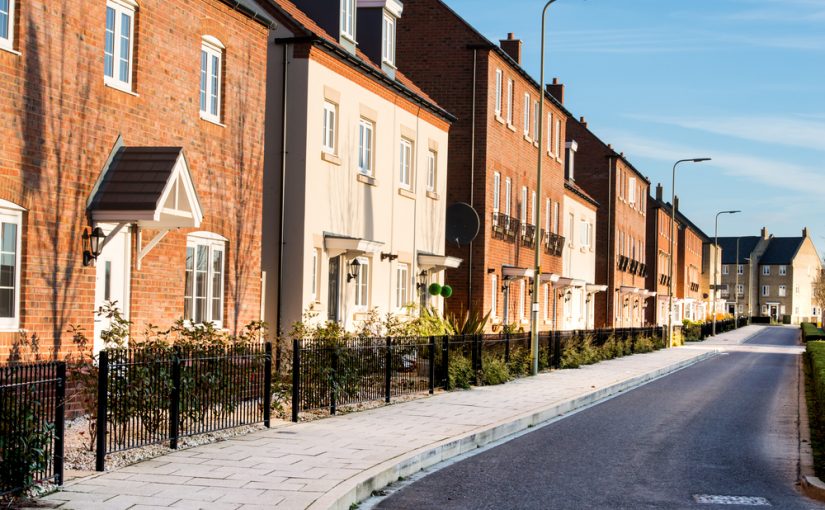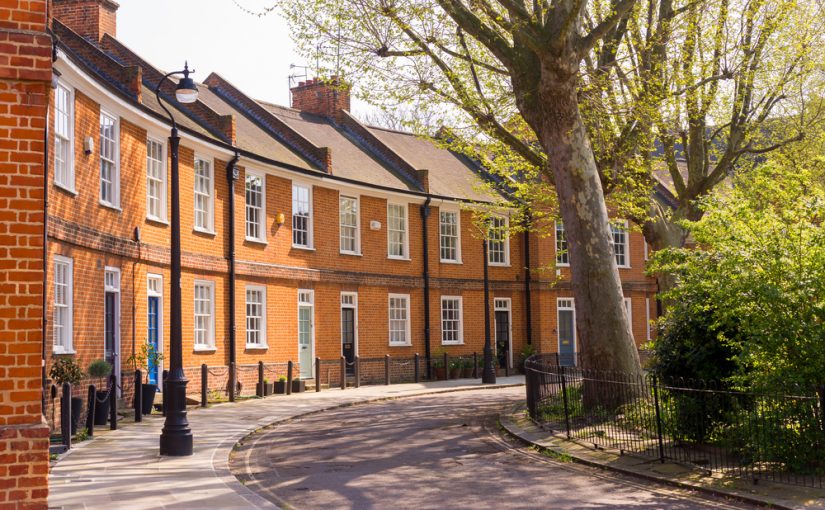Good schools, good commuter links and a good kitchen; traditionally, this is what has been considered to be the magic triad of priorities for buyers. However, new research has suggested that this is no longer the case. Read on to see what buyers are prioritising whilst on the hunt for a new property…
A poll from a regulated property buyer has shown that a budget supermarket has ousted the school catchment area for one of the top spots in buyer priorities, with almost 40% of those surveyed stating their desire to live within close proximity to an Aldi or Lidl. School catchment areas remain high on the wish list of buyers with 29% saying that they would move home in order to be in a specific catchment area.
The desire for good-value shopping could be linked to the need to economise after purchasing a new property, so it is no surprise that it is the younger generations who rate the budget supermarket highest; some 54% of 18 to 24-year olds want to live near to one. This figure gradually declines to 34% of over 45s sharing the same view.
The outright top spot on buyer priorities, however, is for a scenic view with 44% of people preferring a property with scenic surroundings. Budget supermarkets follow this in second place, and local bars and restaurants come in at third in the wish list of buyers.
“Everyone has their own priorities when moving to a new house, but it’s interesting to see how the overall patterns are changing. Budget supermarkets are definitely growing in popularity, especially among the younger generations, and their presence in a region is now making a place more desirable to live,” said Ross Counsell, director at Good Move.
Once a property move is completed, research also revealed what people first investigate once they have moved to a new area. Public transport links are the first item which people look into with 21% of people researching this immediately, followed by local schools, crime rates and broadband speeds.
Fife Properties Group Office Owner, Jim Parker said, “It is no surprise that budget supermarkets are moving up the list of priorities as people realise every penny counts. So it is just as important to get the best mortgage deal and that means a specialist to check you are better off. Often it far outweighs the fee for arranging the mortgage itself”
If you want to book a FREE initial consultation with our specialists, please tap the link to contact any of our local offices or book online https://www.fifeproperties.co.uk/contact/









